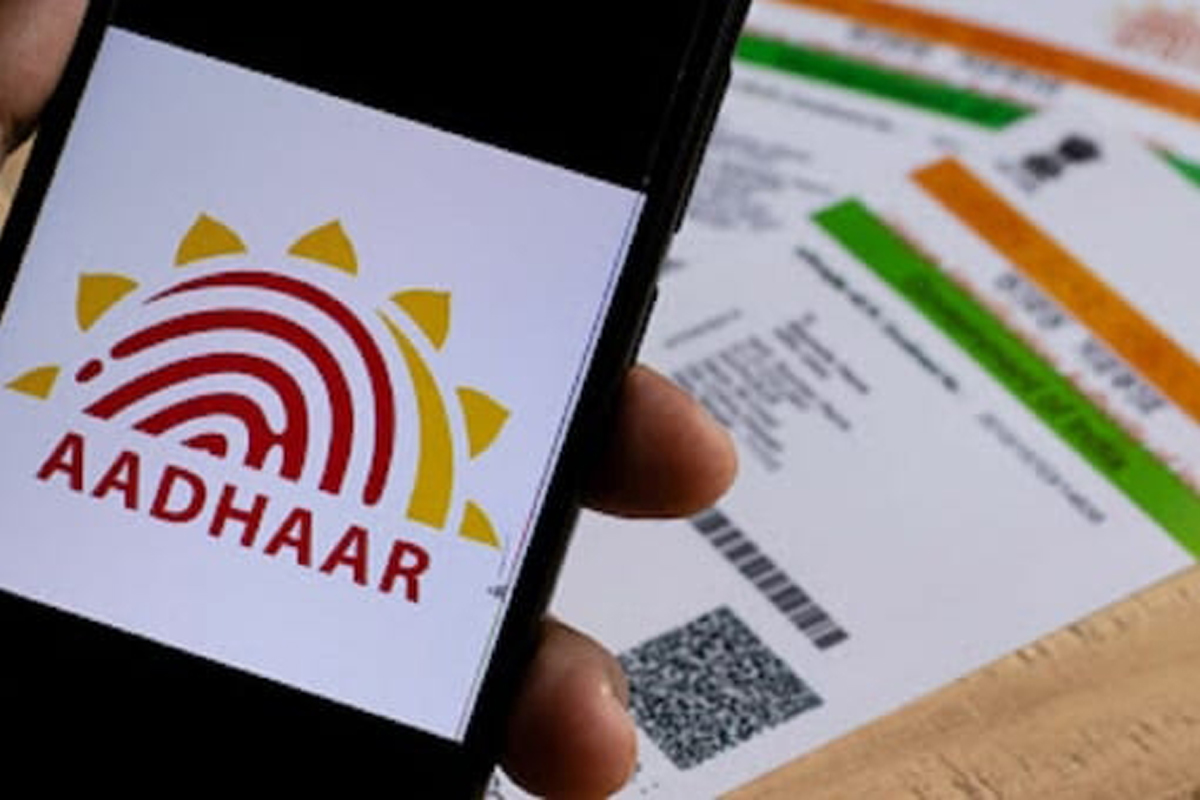In order to avail of several crucial services including admission to an educational institution, registration of marriage, and applying for an Aadhaar card, you only need to produce a birth certificate as the document from October 1.
Apart from this, birth certificates will also be enough for voter list preparation, applying for a driving license, and government job appointments.
Union Ministry of Home Affairs while announcing the rollout of the Registration of Births and Deaths (Amendment) Act, 2023 said, “It will help create a database of registered births and deaths which eventually would ensure efficient and transparent delivery of public services and social benefits and digital registration.”
It is to be noted that in the last monsoon session, Parliament passed the Registration of Births and Deaths (Amendment) Act, 2023, and got President’s assent on August 11.
What are the key changes?
Under the new arrangement, Registrar General of India to oversee a national registry of births and deaths. State-appointed chief registrars and registrars will be obligated to contribute data to this national database.
Earlier, only specific individuals, such as medical officers, were responsible for reporting births and deaths. Now, the list has been expanded to include adoptive parents for non-institutional adoptions, biological parents for births through surrogacy, and single parents or unwed mothers.
It also allows sharing of the national database with authorised entities such as population registers and electoral rolls, subject to central government approval. Similarly, state databases can be shared with state-approved authorities.
In case if anyone disagrees with a registrar or district registrar’s action or order, they can appeal to the respective district registrar or chief registrar within 30 days of receiving the order. The district registrar or chief registrar must give their decision within 90 days from the date of appeal.




